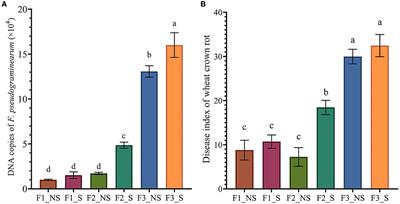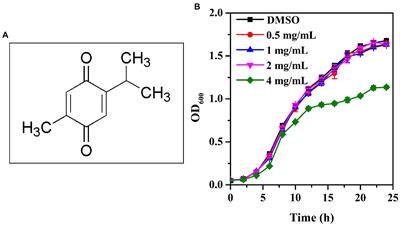EDITORIAL
Published on 30 Jun 2023
Editorial: Crop-microorganisms interactions: diseases and symbioses
doi 10.3389/fmicb.2023.1225884
- 662 views
6,668
Total downloads
25k
Total views and downloads
EDITORIAL
Published on 30 Jun 2023
ORIGINAL RESEARCH
Published on 31 Mar 2023

ORIGINAL RESEARCH
Published on 19 Jan 2023

ORIGINAL RESEARCH
Published on 22 Nov 2022

ORIGINAL RESEARCH
Published on 28 Oct 2022

ORIGINAL RESEARCH
Published on 08 Sep 2022

ORIGINAL RESEARCH
Published on 24 Aug 2022

ORIGINAL RESEARCH
Published on 08 Aug 2022

ORIGINAL RESEARCH
Published on 01 Aug 2022
